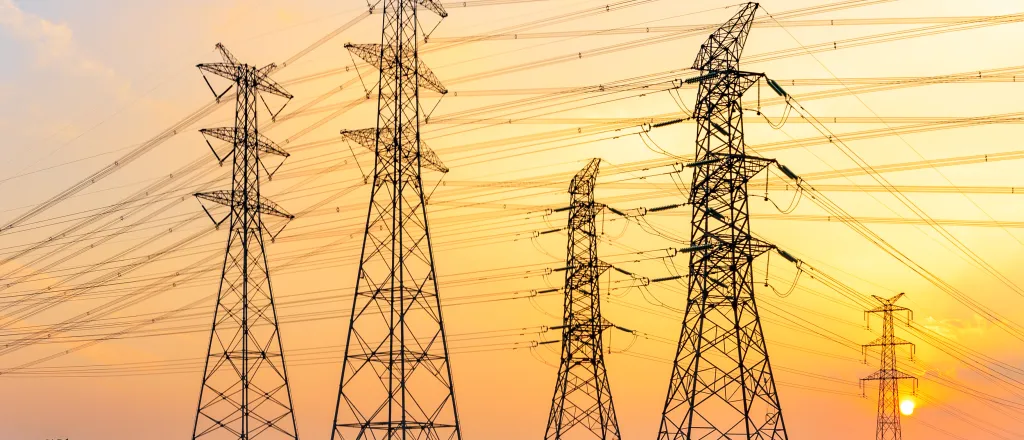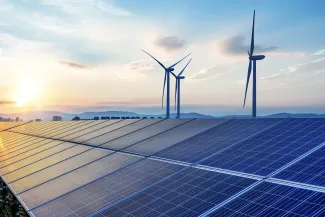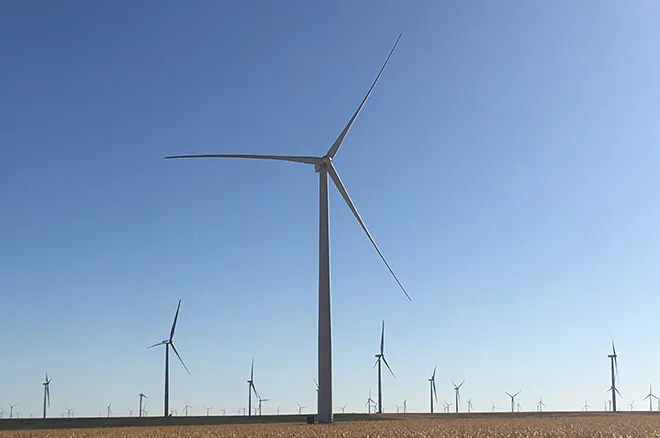
Transmission upgrades needed to keep U.S. climate goals on track
© iStock - zhaojiankang
Click play to listen to this article.
(Virginia News Connection) Environmental groups in Virginia are among those looking at how to improve and modernize electrical grid transmission.
Experts said the grid's age and current state aren't conducive to the boom in renewable energy projects being developed. The lack of preparation is being felt all over the country but particularly in Virginia, where the latest report card gives the state's grid operator the lowest score.
Quentin Scott, federal policy director for the Chesapeake Climate Action Network, said grid operators' long-term planning needs to consider increasing renewable energy.

"They don't really account for high usage of renewables," Scott pointed out. "They're not accounting for the popularity of the Inflation Reduction Act. They're not accounting for state policies that require states to be 100 percent clean energy by 2050 or 2040."
Other experts feel grid operators like Virginia's PJM Interconnections need to hire more people to deal with interconnection requests. But increased demand for those jobs makes it harder to address the problem. Virginia's General Assembly passed House Bill 862 to make the process more efficient.
If grid operators cannot make the changes in time, around 80 percent of the emissions reductions outlined in the Inflation Reduction Act might not happen. Scott and other environmental advocates are worried about losing ground. Along with the Federal Energy Regulatory Commission being a backstop authority for such projects, he noted microgrids can help improve the grid's efficiency.
"Solar panels that are on your roof or community solar projects; small businesses that erect you know, a wind turbine near their business," Scott explained. "Microgrids allow those sort of localized communities to have more planning, more control over their local resources."
Microgrids are also known to be weather resilient. Given the strong effects climate change is having on states' electrical infrastructure, it can be prudent to prevent blackouts. Research has shown if Texas had more connections with the Southeastern U.S., there would not have been as many power outages during the deadly 2021 winter storm.

















